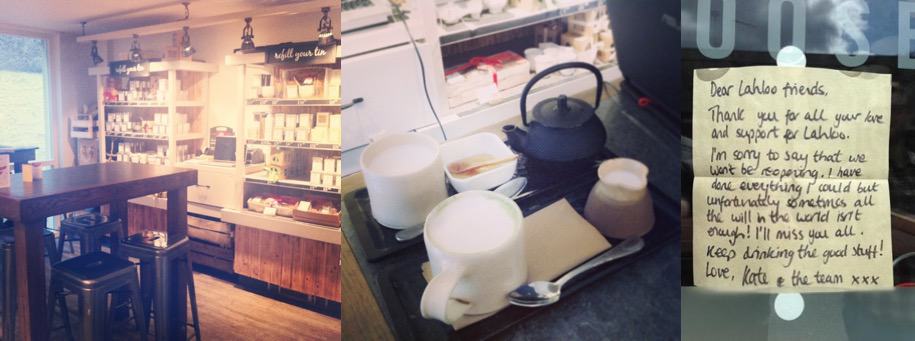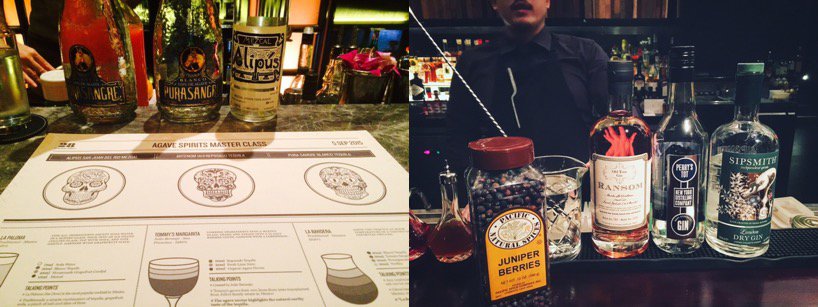Areas that you specialise in and why you chose this practice area?
The work I do is presently really broad: it ranges from dispute resolution and litigation to commercial advisory work to community law (i.e. family law and estate planning) work. It is, therefore, easier for me to talk about what I enjoy doing rather than what I specialise in.
Having trained in, and coming from, a small firm, I have been privileged enough to get a flavour of practice in several areas. While I rarely get to choose what lands on my plate – that depends on the client – I have found that I enjoy work that involves dispute resolution and litigation. I am also hesitant to be any more specific than this, because I find that the more exciting cases are usually the more novel ones (both in terms of fact and law).
Why dispute resolution?
I tremendously enjoy the challenge of strategising and brainstorming different solutions and ways in which our clients’ concerns and interests can best be met.
The work itself is also very satisfying and enriching as the litigation process is demanding, thrilling and mentally rigorous all at once. There is also a sense of accomplishment that comes with resolving a seemingly impossible situation.
But above this, it is a privilege to be relied upon by clients to walk them through what is usually a dark and/or troubled chapter of their lives and to provide the counsel and representation that they need. To some people, justice is having their side of the story told in court or in a similar forum. I find it both interesting and meaningful to help give different platforms for their voice to be heard within an applicable legal framework.
What made you want to be a lawyer?
Apart from my love of law, it is a combination of various other factors that I had discovered in my early days of practice: the joy and satisfaction I get from helping others; the amount of personal growth I underwent (and continue to undergo because nothing shapes character like great strife and conflict); and the opportunity to learn from and engage in stimulating discussions and arguments with the brightest people I will ever meet.
Whenever I did experience doubts about staying in practice, I was also guided and inspired by this particular excerpt from ‘The Three Marriages: Reimagining Work, Self and Relationship’ by David Whyte:
“Work is a constant conversation. It is the back-and-forth between what I think is me and what I think is not me; it is the edge between what the world needs of me and what I need of the world. Like the person to whom I am committed in a relationship, it is constantly changing and surprising me by its demands and needs but also by where it leads me, how much it teaches me, and especially, by how much tact, patience and maturity it demands of me.”
Through the constant checking-in and internal dialogue with myself, and together with the guidance and support from my mentors, I eventually found my calling.
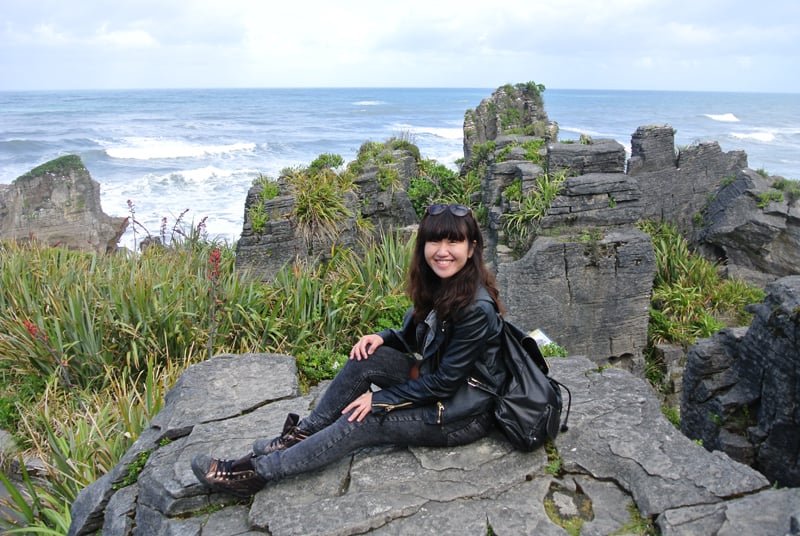
What drives you today?
I am driven by my love of my work, the sheer responsibility placed on my shoulders, the fact that I still have so much more to learn, and the feedback I get from my clients, my mentors, my partners, and my peers.
Having clients tell me how much better they feel after a discussion, and how grateful they are for the guidance and/or clarity, keeps me going. This is especially so for those clients who are at their wits’ end, who exclaim to me about how much sleep they have lost and how much stress they have undergone because of a particular dispute or lawsuit. Knowing that my conduct affects, and will continue to affect, their life in a magnitude that is beyond me motivates me to remain steadfast, and to discharge my duties to them in a diligent and responsible manner.
Common misconceptions about your practice area
Unfortunately, I have heard of many. One example: as dispute lawyers, we have to compromise our morals in order to get the job done. For instance, we have to represent an individual or company whom the public/layman views to be undeserving (usually for reasons relating to morality and/or the layman’s sense of justice).
As a starting point, every person deserves (and does have a right to) adequate and fair representation. There are certainly grey areas, and instances where you may feel that you are unable to condone or support a particular action or policy in your own personal capacity.
My view is that it comes down to the preference of individual lawyers and teams. I would say that most lawyers and teams will put aside their own personal moral judgment and get the job done. I do not see this as a compromise. In fact, I see this as a testament to the high standards of professionalism in my line of work. It is about being pragmatic, loyal, and reliable. That said, there are some who do leave their team, firm or even the profession for this reason.
Ultimately, behind this popular misconception is the question: are lawyers morally apathetic? What I am trying to get at is that there are different ethical approaches, and if we are to do our jobs at all, we have to take the more nuanced approach. This is simpler for some and difficult for others – that’s all.
If you were to start a business someday, what would it be and why?
Hypothetically speaking, and in a parallel universe, I would open a tea lounge. In Singapore, tea is seen a luxurious, indulgent affair, yet this island is sprawling with cafes selling specialty or artisanal coffee. In Bristol, I used to visit this tea shop which was kind of like a hole-in-the-wall. My flatmate and I would spend afternoons and weekends working on our course work or readings, listening to their electro swing playlist, chatting with the staff, and trying out freshly baked pastries from their kitchen. Sadly, it closed down after slightly more than a year.
I would love to open up a similar lounge with a library of teas that are ethically sourced from all over the world, and which are creatively handcrafted/blended. But I would do things differently: I imagine that at night, the lounge would transform into a cocktail bar that serves drinks based on the teas we serve. There would be a lush, green open space outside for yoga, arthouse movie screenings, workshops, and talks/sharing sessions on issues like climate change, human trafficking etc.
I also want to be open about how the business ensures that its supplies are responsibly sourced, and how the business contributes and helps vulnerable communities overseas. If I ever start my own business, it would be my mission to turn it into a platform to raise social and commercial awareness on certain causes, and to encourage other businesses to adopt sustainable and ethical business practices and policies.
Your most prized possession
This may sound rather sentimental, but my most prized possession is the heirloom gold necklace that my mother gifted to me on my 21st birthday. It was part of the wedding dowry which my mother received from her own mother in turn. I wear it every day as a reminder of the values and the people that keep me grounded.
Three fun facts about you
- I am an explorer – not of countries, but of hobbies. Whenever the opportunity arises, I try to pick up something new or develop a particular skill or interest in varied fields. So far, I have experimented and dabbled in acro-yoga, outdoor yoga, meditation, candle-making, cocktail-making, calligraphy, city sketching, flower arrangement, salsa, and organic gardening.
- I was doing Russian ballet for nearly 2 years. I enjoyed how, compared to the Royal Academy of Dance’s syllabus, the lessons were a lot more progressive and the learning curve was steeper. It started out with a goal to strengthen my pointe work from the lessons I attended when I was living in the United Kingdom, but I ended up rediscovering my love for ballet through these classes I took. I am presently taking a short break from it to focus on a different passion.
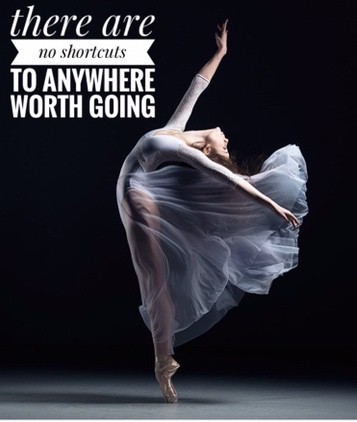
- I was in Computer Club (later renamed as Info-comm) in Secondary School and briefly in Junior College. I did a lot of web design work and was quite decent at that time. Somehow I picked up HTML and CSS programming languages in primary school on my own, and developed that further when I was in Secondary School. Our school made us learn C programming (or C++? I don’t even know!) which I was horrible at, and would have to end up copying answers for. Some people would say that law textbooks are quite dry – well, I would say that the C programming language is much worse.
Here are some other photos shared by Zhi Xin!
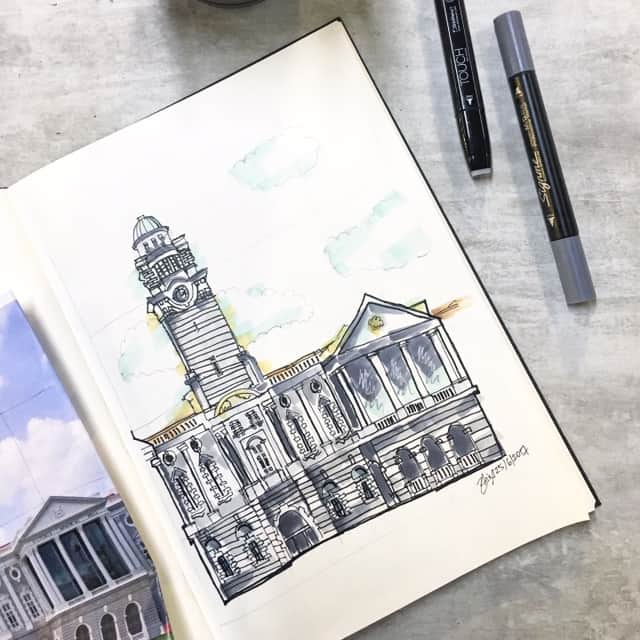
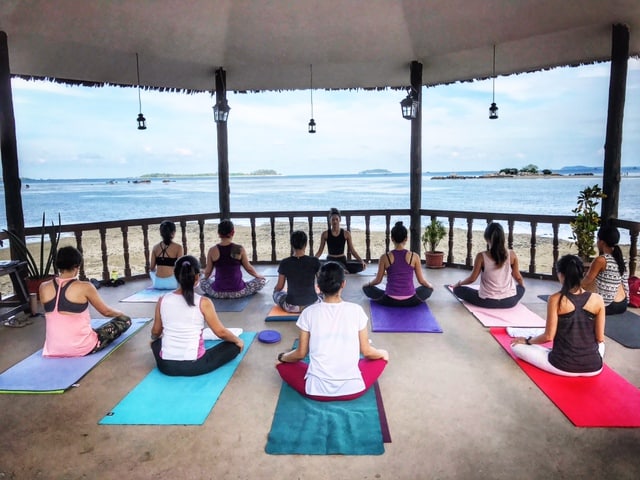

Contact Zhi Xin
Read more about Zhi Xin or about her firm Derrick Wong & Lim BC LLP. If you would like to engage Zhi Xin for your legal dilemma, you can request for a quotation from Zhi Xin or get a quick consult from a lawyer in Derrick Wong & Lim BC LLP.

